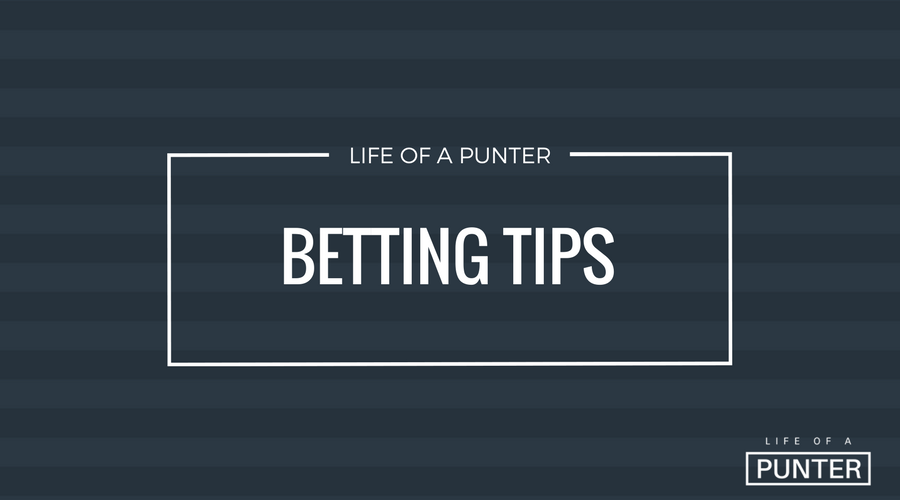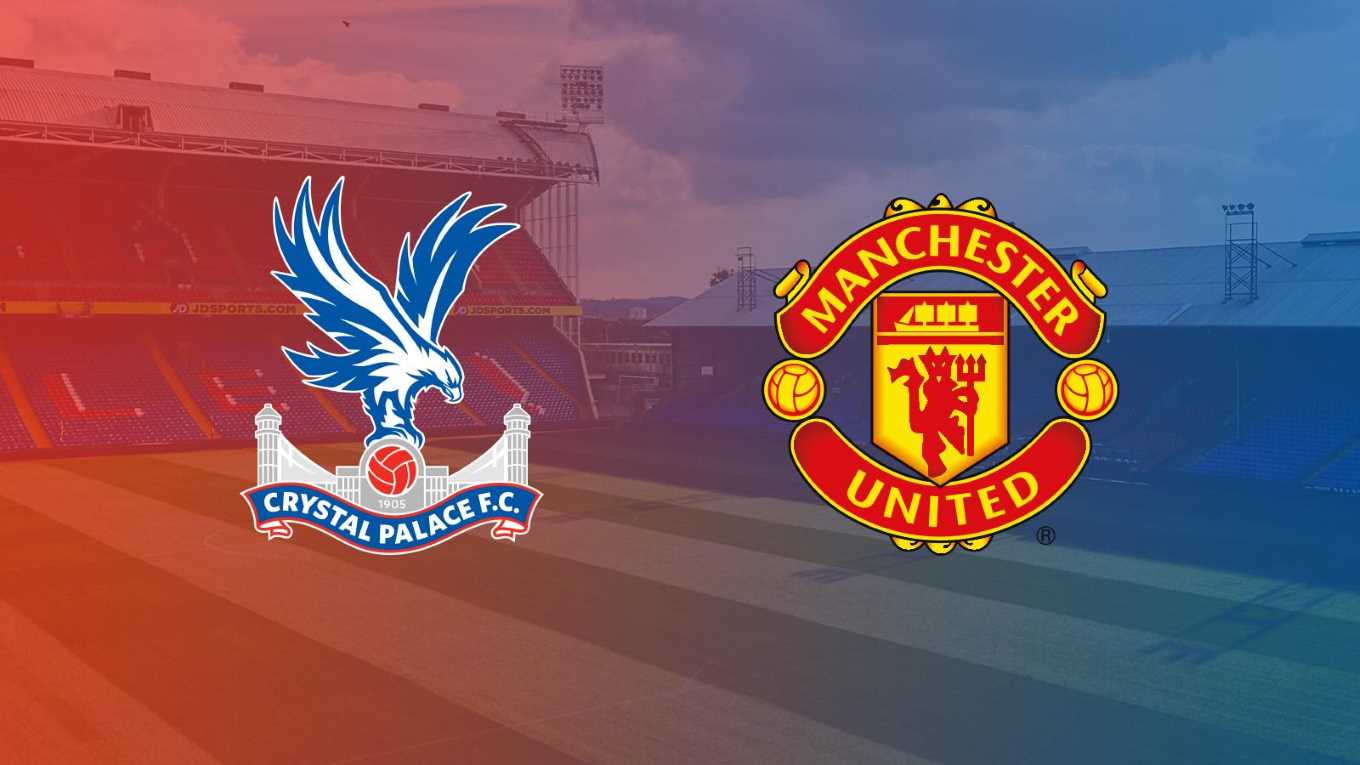1. Understand the concept of value
Critical. If you don't have this, walk away. Sure you might be certain that a 1.25 favourite is going to win, but are the odds being offered giving any value?
Plenty of times we've heard casual gamblers say "There's no way this team is going to lose this game." Well they might be legitimate favourites, but is the probability of them winning better than the odds being offered? Betting with this frame of mind is a little like saying an over-priced wide-screen TV was good value just because you really really really wanted it. It doesn't work.
Value is a simple concept, but most of the betting public don't understand this. And perhaps thankfully so, because its this naive or 'square' money that can skew the market, leaving great opportunities for the minority of gamblers who do know how to recognise value.
Being able to spot value means that you are able to spot odds that are too high, consistently and systematically – and capitalize on those opportunities.
In principle this is not unlike successful trading with stocks: It makes sense to buy a particular stock when it is undervalued, as this means it likely will appreciate in value later. If you are focused on sports betting, than your job each match day is to find the undervalued teams, and “buy their stock” in a manner of speaking.
Spotting value is in essence about judging probabilities more correctly than the market does. Of course it is difficult to do that for every game and every sport, but that isn't necessary. Your big advantage over the bookmaker lies in the ability to skip matches with unfavourable odds – just like you don't have to purchase all stocks available. The bookmaker pretty much has to offer odds for almost all games, at the very least in the most popular leagues.
Spotting value is the hardest thing to do in this business, and you will need a lot of practice to pull it off consistently. Only once you have developed your ability to consistently identify value, you will have a systematic edge.
2. Understand basic maths
If you've ever said the phrase "I'm not a maths guy but....", then you probably shouldn't be a betting guy either. While plenty of gamblers can make a success of it by betting on instinct and 'feel', to be successful long term you need a viable staking plan and you need to understand what the odds reflect in terms of probability.
In short, it's a numbers game, and you need an adequate relationship with division and multiplication as a minimum.
3. Understand how the bookmakers make the odds
This depends upon the popularity of the event, but in general, bookmaker odds will be more a reflection of what they expect the general public to play, rather than on the actual probabilities of either outcome. Of course, it's not quite that simple, but in general, bookmakers will set their odds so as to attract betting on either side of the odds, so as to balance their liability and take their commission.
This leaves smart gamblers to find great value opportunities where the general public's opinion is just plain wrong. It also means that great value can be found on events where there is expected to be greater interest than normal by the occasional or casual gambler, who let's be honest, knows nothing or very little in terms of profitable betting strategy. Events like the Super Bowl, Cup finals and major horse racing events are prime candidates for this sort of opportunity.
If you want to bet successfully, you need the right bookmaker. You will need to find bookmakers that actually let you win. Sadly it's an ugly truth that most bookmakers won't and will limit their successful customers, or may even outright ban them.
Of course that way you can't possibly plan for success, as your winning would always stay fictional. Happily there are certain bookmakers that do not limit or ban their successful customers. The business model of all these bookmakers is based on low margins and high volumes. This means they simply want to have as much action as possible, encouraged by a small bookmaker margin which translates into better odds for the customer. These bookies accept winners not because they want to make the world a better place (that's just a side effect), but rather because they can use that information to their advantage, for instance by adjusting their betting lines.
You should also make use of betting exchanges. Betting exchanges will not ban you for winning either, as you are betting against other customers on the exchange, rather than a bookmaker directly. Some betting exchanges are good alternatives to bookmakers in terms of the odds and bet sizes available on major sports and leagues, even for professionals.
• Betfair
• Betway
• Sportybet
4. Possess the ability to fall in love with the ugly duck
The longer we have been betting, the more we have come to fall in love with the team that nobody likes. In fact, we feel better about a potential bet the uglier it looks on paper. Sounds counter intuitive we know, but the less the general public likes a team, the more we like the look of them in terms of value. Especially a team that might have performed well over a long period but may have had a bad run of maybe 4 or 5 games. Just watch the general public jump off them, and watch their value rise.
5. Don't dwell on the past or celebrate for too long
Don't let a recent losing run throw you off your game. Put it out of your mind and stay with your analysis and have faith that the wheel will turn. Similarly, don't let a recent winning streak give you false courage and lead you to over extend yourself. Again, stay with your analysis and stick with your plan.
6. Don't hope for The Big Score
Multi-bets. Parlays. Teasers. Whatever you like to call them, know when to bet them. And when not to. Sure they offer the promise of the big score, the big pay day, but unless you have done your analysis and have located true value, they are a terrible way to bet.
Look at it this way. If you place a multi-bet of 4 legs, and you were getting full price even money odds of 2.00 for each leg, the odds for that multi would be 16.00. Now lets look at a real world example where you're being offered lets say 1.90 for 'even money' with the bookmaker taking out 5%: the odds for that same 4 leg multi would be just 13.00. That's taking out close to 19% of the full price of that bet.
But if you have located true value, then multi's can be tremendous value as you multiply the value into each leg. The issue is of course, locating true value. Everyone who adds a leg to a multi does so because they believe they are finding value. Nobody bets odds that don't represent value to them. But key to creating value multi's is in finding true value or else you're only diminishing your chances of success with each under valued leg you add.
7. Have a long-term sensibility
If you take your betting seriously, you need to think long term. Build your betting bankroll, steadily increase the amount you bet on each game, and soon enough you'll find you're making some decent pocket money on the side, and maybe, just maybe, if you stick with it long enough, you can make a living wage out of it.
Never forget: Betting, like any other form of serious investment, is a marathon, not a sprint. Accordingly, it will take a while for your bankroll to grow. If you’re patient and successful however, the compound interest effect will be on your side. What will look like painfully slow growth initially will end up picking up a remarkable exponential dynamic.
You will have to deal with more swings, losing streaks, winning streaks, making the curve less smooth and requiring a greater number of bets. Nevertheless, the general dynamic holds true – how far you can get with 5% value is quite amazing, and doesn't even take all that long.
8. Start with a sensible betting bankroll
If you want to make money, you need to start with a betting bankroll capable of absorbing losses. If you're going to bet in units, with an average bet of 1 unit, we would recommend a bankroll of at least 50 units. Minimum.
OK so maybe you can only afford a bankroll of 1000 euro, which means your average unit will be 20. Sounds small time we know and you want to be a high roller. Well a euro1000 bankroll can quickly turn into a substantial amount with consistent value recognition and an intelligent staking plan.
Lets say you bet 200 bets a year. And for argument sake lets say they are all of 1.90 odds, and lets say you hit at a 54% strike rate. Well with a fractional Kelly staking plan, at the end of those 200 bets, depending on your winning consistency which should even out over a long term, your bankroll will be in the ballpark of euro 1100.00. Yeah I hear what you're saying - that's only 100.00 profit over the year. Well, that's just betting 200 bets a year, with a 2.6% average return per bet.
Now imagine you bet 400 bets in a year and able to get still a modest 5% average return. That bankroll of euro1000 at the end of the 400 bets would be in the ballpark of euro1400 and at the end of 5 years that bankroll will be in the range of euro5000, and after 10 years, around euro30,000 with an average unit of 600.
Not bad is it. Of course, the hard part is to get that consistent 5% return, and perhaps the harder part is grinding it out until you build that bank up over a number of years. But the point here is to show how starting out modest with a viable bankroll and staking plan, can turn into genuine profits in the long term
It isn't just all about value though – the ability to correctly manage your money is almost as important. Money management is about two fundamental goals, that partially contradict themselves:
• growing your bankroll as quickly as possible
• while avoiding bankruptcy in the process
Provided you find value regularly, your bankroll will of course grow faster if you stake more per bet. But if you stake too much per bet, you risk bankruptcy. Sadly, this aspect is often severely underestimated by most people. The random swings can be brutal even if you mostly place value bets. Luckily this can be handled easily by a very simple rule: Personally, I would recommend you never stake more than 1-2% of your bankroll on any given bet.
If you are able to come up with a reasonably accurate estimation of your actual value, you can use the Kelly-formula to make the most of your edge – and stake ever more efficiently.

















